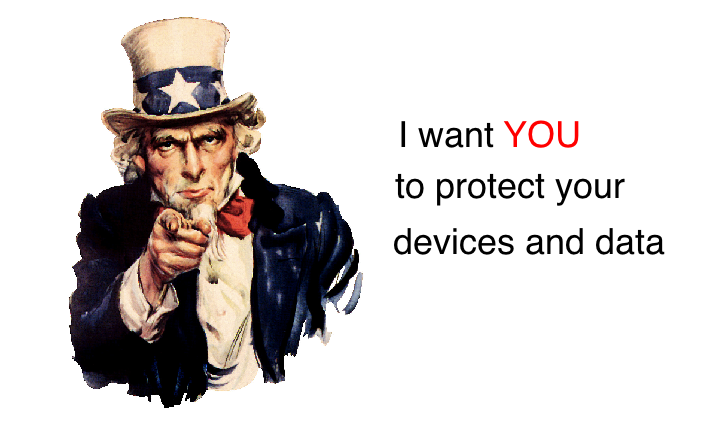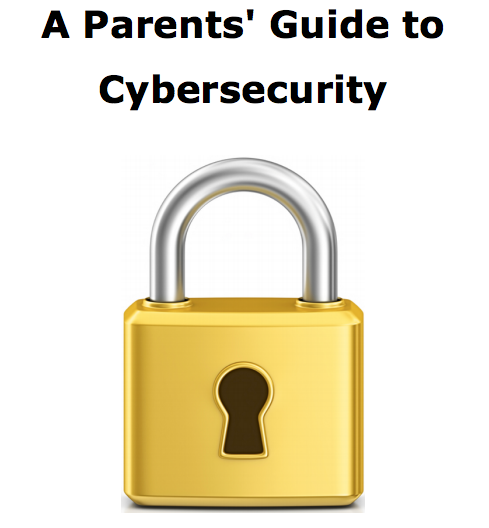Why cybersecurity is patriotic and humanistic
 I’d like to add National Cyber Security Awareness Month to the 4th of July, Memorial Day and Veterans Day as yet another patriotic holiday. And while we’re at it, let’s make it a global celebration. That’s because protecting your own devices and accounts is more than patriotic, it’s downright humanistic, because you’re benefiting your fellow “netizens” around the globe.
I’d like to add National Cyber Security Awareness Month to the 4th of July, Memorial Day and Veterans Day as yet another patriotic holiday. And while we’re at it, let’s make it a global celebration. That’s because protecting your own devices and accounts is more than patriotic, it’s downright humanistic, because you’re benefiting your fellow “netizens” around the globe.
National Cyber Security Awareness Month (#NCSAM) is being celebrated throughout October as part of the Stay Safe Online project that’s supported by hundreds of companies, organizations and government agencies.
Putting others at risk
The fact is that we live in an interconnected cyber eco-system where each connected device and account has an impact on others. I’m not saying that you’ll singlehandedly bring down the world’s financial systems if your social media account is compromised, but you might put other users at risk — especially your friends who could be pestered by spam posts from criminals claiming to be you. And it could be worse than just annoying if anyone clicks on a malicious link appearing to come from you or winds up sending “you” money, which will instead go to a criminal. The same is true if your computer or email system gets infected and winds up causing friends to get spam email.
And if you don’t lock your cell phone, there’s a risk that someone could use it to harass your contacts or even strangers as if the messages are coming from you. Yet another reason you should protect others by protecting yourself.
Don’t become a zombie
Another altruistic reason to protect your devices is to make sure your computer doesn’t become a zombie on some criminal’s botnet. Bad guys have figured out ways to infect other people’s machines and turn them into unwitting accomplices in their efforts to infect even more machines, send out spam or break into networks and PCs. It’s actually a pretty simple concept. They put malicious software on your PC which turns your machine into an attacker that goes after other systems while also putting you at risk, perhaps by capturing your usernames and passwords and other data. I’m not being paranoid. This really happens, as this Microsoft web page explains.
Teach your children well
It’s also patriotic to pass on good values to our kids, so please make sure you help them understand their responsibilities when it comes to cybersecurity. Last year ConnectSafely.org (the non-profit Internet safety organization where I serve as co-direct0r) published A Parents’ Guide to Cybersecurity that outlines what parents can do to help their kids protect themselves.
In addition to providing tips and advice, the guide answers parents’ top five questions about cybersecurity:
- What are the biggest security threats to kids?
- How do I talk with my child about security?
- How do we protect our family’s computers?
- How do we protect our mobile devices?
- Why do we always hear “Never share your passwords”?
And speaking of passwords…
Check out ConnectSafely’s tips and slideshow on how to create, use and manage a secure and unique passwords.
